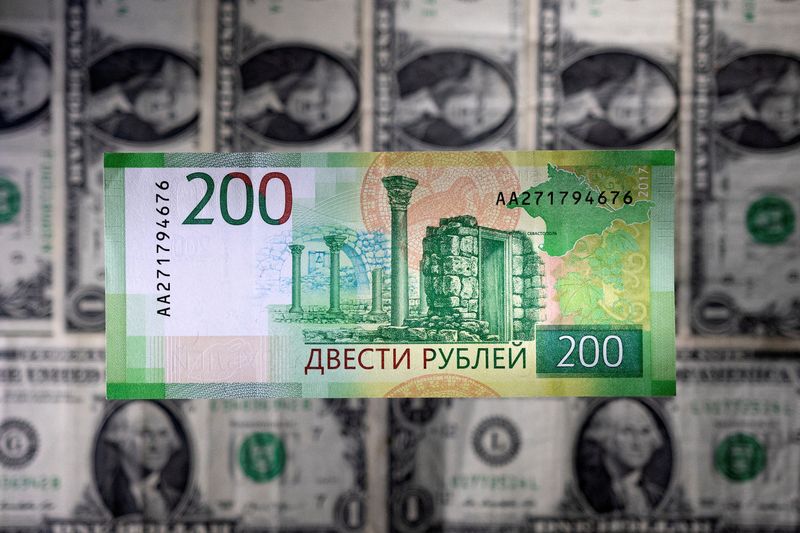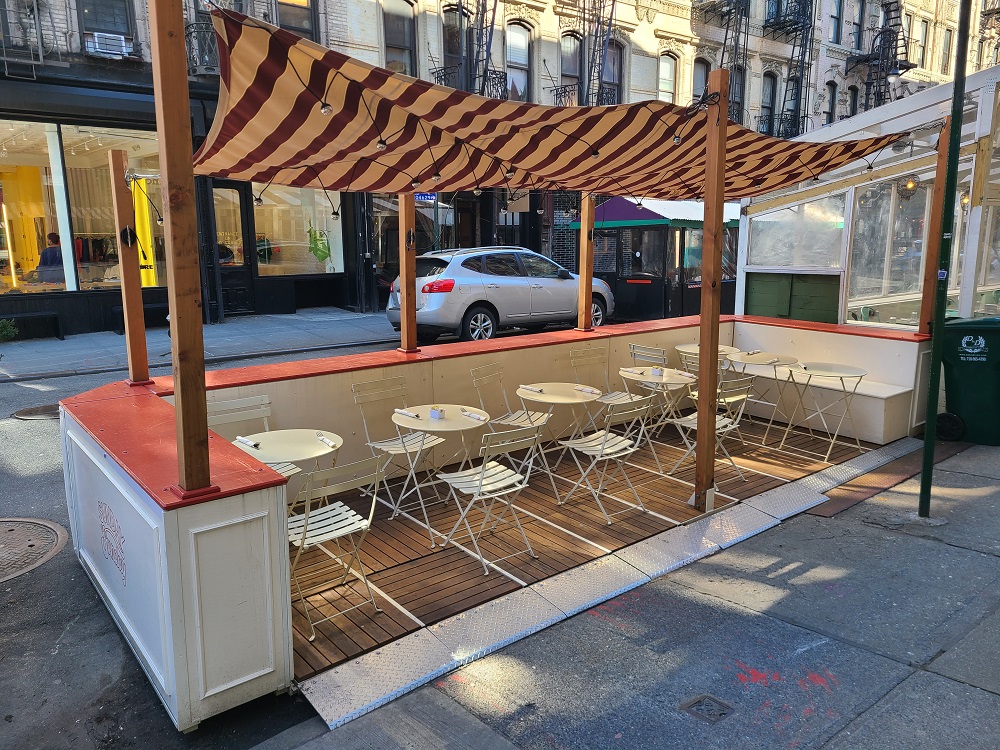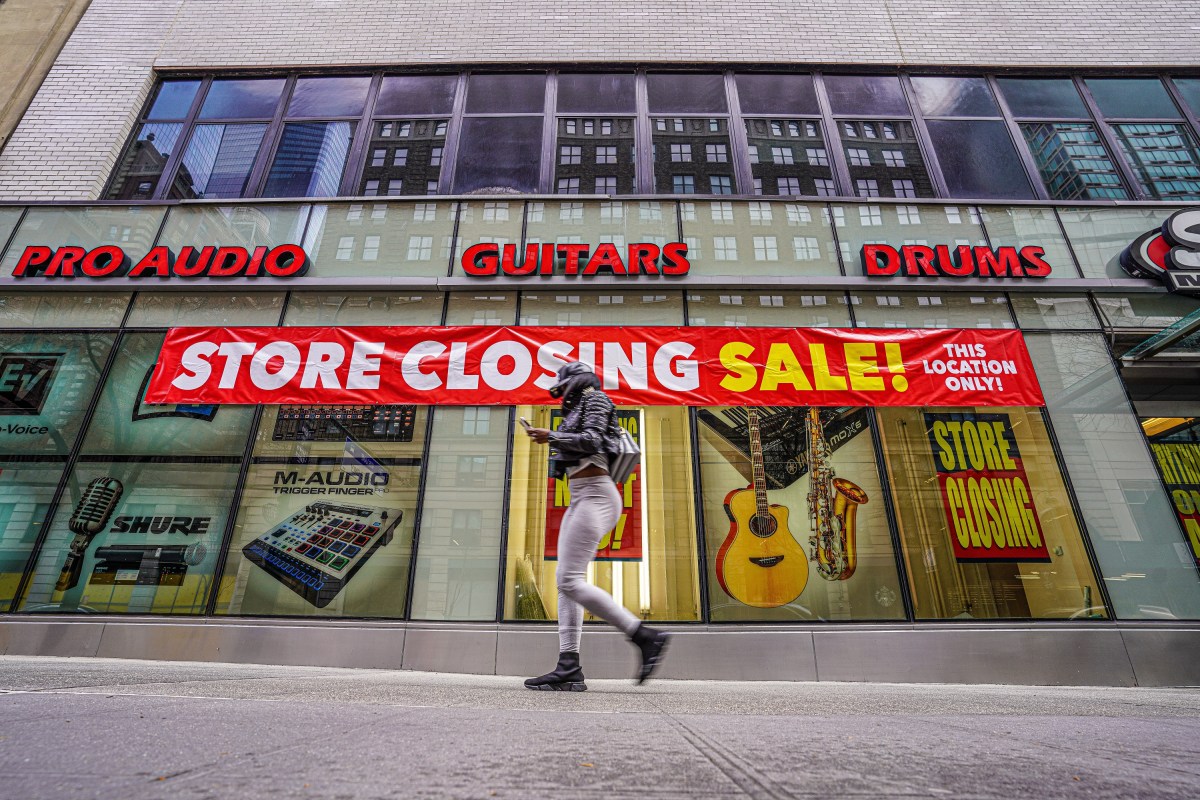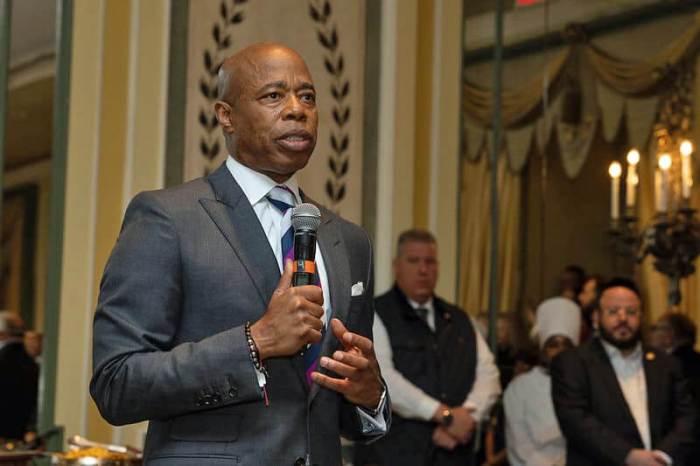LONDON (Reuters) – Britain will ban Russian companies from London’s multi-billion dollar aviation and space insurance market, the latest restrictions Western allies are imposing to isolate Russia from international financial markets.
Here is a rundown of how Western sanctions already announced impact banks and investors:
WHAT HAS BEEN ANNOUNCED SO FAR?
Britain’s finance ministry will legislate to prohibit UK-based insurance and reinsurance providers, such as those who use the Lloyd’s of London market, from undertaking transactions linked to a Russian entity or for use in Russia.
Separately, the London Stock Exchange said it had suspended nearly 30 listings in Russian companies as sanctions begin to bite.
The United States, Britain, Europe and Canada have agreed to remove some Russian banks from the SWIFT global payments messaging system, potentially damaging Russia as well as its trading partners.
The EU has named the seven banks it will excluding from SWIFT on March 12: Russia’s second-largest bank VTB, along with Bank Otkritie, Novikombank, Promsvyazbank, Bank Rossiya, Sovcombank and VEB.
Sberbank, Russia’s largest lender, and Gazprombankhave not been included in the list because they are the mainchannels for payments for Russian oil and gas, which EUcountries are still buying. The two banks are subject to othermeasures, an EU official said.
EU leaders previously agreed sanctions on Moscow thatthey said targeted 70% of the Russian banking market.
The bloc also imposed a ban on issuing bonds, shares orloans in the EU for refinancing Alfa Bank and Bank Otkritie,after freezing assets at Rossiya Bank, Promsvyazbank and VEBearlier last week.
Sberbank, VTB and Gazprombank do not face the EU assetfreeze.
Refinancing in the EU of Russian state-owned enterprises isalso forbidden, with the exception of some utilities. Securitiessettlement houses in the EU are barred from serving Russiancounterparties, with Euroclear and Clearstream saying they willnot accept transactions in roubles.
The U.S. Treasury Department last week said it was targetingthe “core infrastructure” of Russia’s financial system andsanctioning Sberbank and VTB. Also on the U.S. sanctions listare Otkritie, Sovcombank and Novikombank and some seniorexecutives at state-owned banks.
U.S. banks must sever their correspondent banking ties withRussia’s largest lender, Sberbank, within 30 days. These linksallow banks to make payments between one another and move moneyaround the world.
Washington officials also wielded the government’s mostpowerful sanctioning tool, adding VTB, Otkritie, Novikombank andSovcombank to the Specially Designated Nationals (SDN) list. Themove effectively kicks the banks out of the U.S. financialsystem, bans their trade with Americans and freezes their U.S.assets.
The U.S. sanctions also target two Belarusian state-ownedbanks – Belinvestbank and Bank Dabrabyt – over the country’ssupport for Moscow’s attack.
Britain last week said it would impose anasset freeze on all major Russian banks, including VTB, and stopmajor Russian companies from raising finance in the country.
WHAT NEXT?
Russia’s large banks are deeply integrated into the globalfinancial system, and sanctions on the biggest institutions arealready being felt far beyond its borders — the European arm ofSberbank has been forced to close after a run on the bank.
The U.S. Treasury said its sanctions would disrupt billionsof dollars worth of daily foreign exchange transactionsconducted by Russian financial institutions. Overall, theseinstitutions conduct about $46 billion worth of forextransactions, 80% of which are in dollars.
These sanctions target nearly 80% of all banking assets inRussia.
For the EU, the next shoe to drop would be extending its bans to all Russian banks, including those that are heavily involved in energy-related transactions.
The consequences of that are complex, however, especiallyfor Russia’s trading partners. There are concerns about howpayments for Russian energy imports would be made and whetherforeign creditors would get paid.
Analysts have said that while Russian institutions arebetter able to cope with sanctions than eight years earlierafter Russia annexed Crimea, their scale and thecoordination of current measures will hit hard.
Shares in Sberbank and VTB tumbled in Moscow before Russianauthorities halted trading to prevent capital outflows.Sberbank’s depositary receipts in London fell morethan 90% on Wednesday.
Sberbank has closed most of its European operations and Reuters reported that regulators were preparing for the possible closure of VTB’s European arm.
Sberbank has previously said that it was prepared for anydevelopments. VTB said last week it had prepared for the mostsevere scenario.
The Russian embassy in the United States has not replied torequests for comment.
WHICH FOREIGN BANKS ARE MOST EXPOSED?
Many foreign banks have significantly reduced their exposureto Russia since 2014 but several Western lenders have beeninvolved in deals and have other relationships.
Shares of banks with significant operations in Russia suchas Austria’s Raiffeisen Bank International andFrance’s Societe Generale have fallen sharply.
SocGen, which has a $20 billion exposure to Russia, warned of the possibility that Russia could strip the bank of its local operations.
Raiffeisen is looking into leaving Russia, two people withknowledge of the matter told Reuters this week. An RBIspokesperson said it had no plans to leave Russia.
Italian and French banks each had outstanding claims of some$25 billion on Russia in the third quarter of 2021, based onBank of International Settlement figures.
Austrian banks had $17.5 billion. That compares with $14.7billion for the United States.
Graphic: Bank exposures to Russia: https://fingfx.thomsonreuters.com/gfx/mkt/myvmnxmabpr/banks%20russia.PNG
(Additional reporting by Tom Sims in Frankfurt, Iain Withersand Karin Strohecker in London, Michelle Price in Washington andJohn McCrank, Megan Davies and Paritosh Bansal in New York. Editing by Jane Merriman)



















